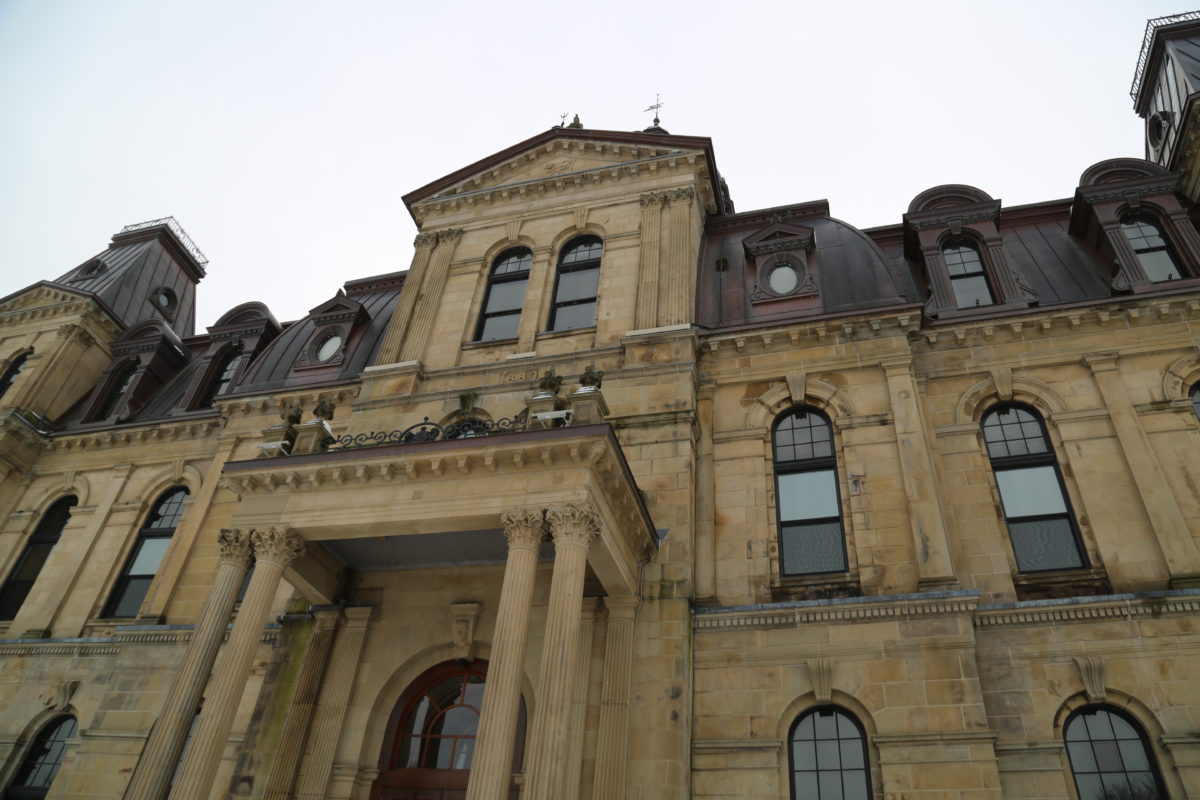
While the provincial government did not cut universities’ operating grants, it did freeze them, leaving reactions to last week’s budget mixed.
Jeffrey Carleton, director of communications for St. Thomas University, said the university was mostly happy with what they saw come out of budget.
“Prior to the budget we had been hearing potential cuts of 10 or five or three per cent,” Carleton said. “Compared to what government departments are going through, and other sectors are dealing with, we feel it is generally good news for post-secondary education.”
However, despite the government not cutting the grant, the school’s overall costs increase on an annual basis, meaning students should expect to see a raise in tuition.
The government also asked universities to limit their tuition hikes to two per cent, but recognized St. Thomas had previous arrangements and will allow the school to raise tuition by three per cent, the provincial average.
While the government put this suggested cap in place for in-province students, the government did not ask for any caps for out-of-province or international students, meaning those students could see an even greater increase in tuition.
Carleton said more information would be released when the university’s budget comes out in a few weeks.
Lindsay Handren, executive director of the New Brunswick Student Alliance, said her organization is concerned about whether universities will respect the suggested tuition cap.
“If you look at the freeze to the operating grant and what they’ve done, or suggested be done, with tuition,” said Handren, “what’s that doing combined is putting the burden of paying for a post-secondary education onto students.”
Handren, like Carleton, said a freeze is better than a cut, especially compared to the $15 million to $45 million cut the government’s strategic program review once suggested was possible.
As well, the province has indicated it will introduce legislation to ensure that “ability to pay” must be considered in the binding arbitration process for labour contracts at municipalities and universities. That could help keep operating costs down by limiting wage settlements awarded to faculty.
The budget also raised the idea about changing the funding formula for universities in the future. For Handren it’s clear that with declining enrolment the universities are in need of a new funding formula.
While the details of this new formula are uncertain she said it looks like it will be a performance-based funding model.
“The general idea of that being that universities would be able to access increase funds if they met certain performance metrics,” Handren said.
For Carleton, not knowing what these changes are going to look like means the university cannot speak with any confidence about outcomes.
“One thing the government has said is they want to work with the universities to develop that,” said Carleton. “We consider that good news.”
Jean Sauvageau, president of the Federation of New Brunswick Faculty Associations, said his organization is disappointed with government freezing the operating grant for a second year in a row.
This leaves a tuition hike as the only way to generate revenue and that puts an unfair burden on students, he said.
“New Brunswick is chronically underfunded when it comes to universities,” said Sauvageau. “And students have the highest debt in the province.”
He said the proposed strategic program review cuts were used to create a false panic so that the operating grant freeze looked good by comparison
He said it’s like the government was telling the universities it would have to amputate its arm, and then the universities are relieved when it’s something less.
“Just the hand, or all five fingers, just one finger,” Sauvageau said.
